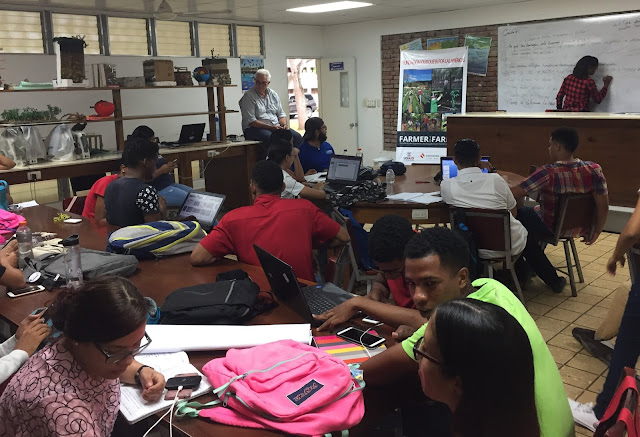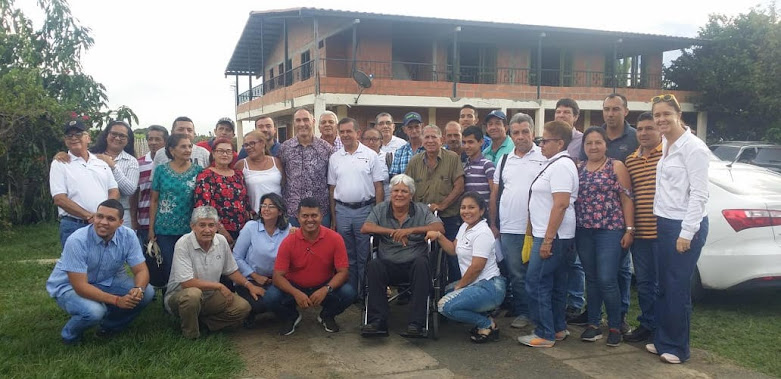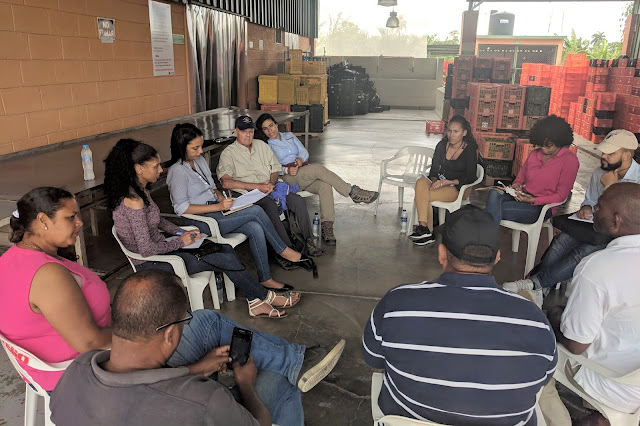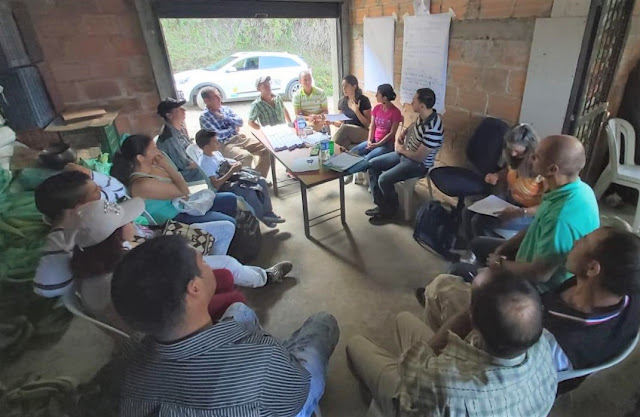Promoting Climate Smart Agriculture Biodiversification in Guatemala
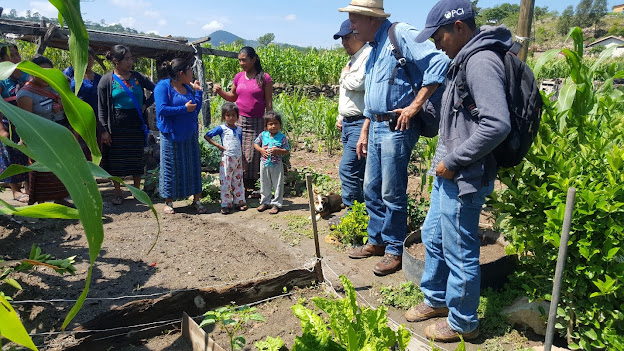
In September 2019, Ira Richards volunteered with the Farmer-to-Farmer program in Guatemala to make a diagnosis of the current agricultural practices and production systems being used in the regions of Huehuetenango where Project Concern International (PCI) works. PCI is a global development organization working in vulnerable communities through various projects and activities that improve the livelihood and resilience of its inhabitants. Ira Richards boosted PCI activities in several communities by training technicians and smallholder farmers on ways to increase crop productivity and soil quality by using dry-land farming practices that families could implement right away to adapt to climate change. He proposed establishing trials of green manure, local plants with high nutritional value, contour lines, crop diversification, and technology transfer through successful farmers in each community he visited. So far, the results of Ira's assignment are: PCI purchased approximately
